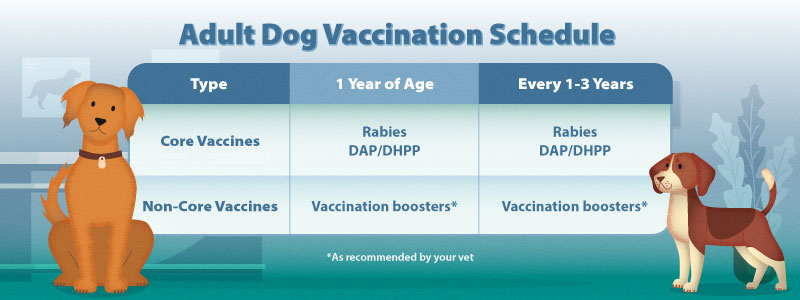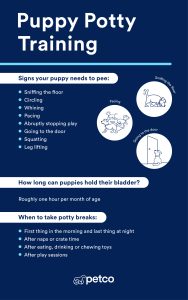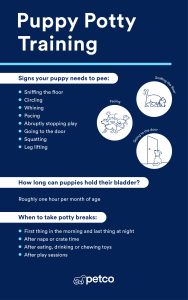If you own a dog, you probably want to keep them safe and healthy. One important way to do that is by making sure your dog gets the rabies vaccine on time.
But how often should your dog get this vaccine? Knowing the right schedule can protect your furry friend from a deadly disease and keep your whole family worry-free. You’ll discover exactly when and why your dog needs the rabies vaccine, so you never miss an important shot.
Keep reading to learn how to protect your dog effectively and easily.
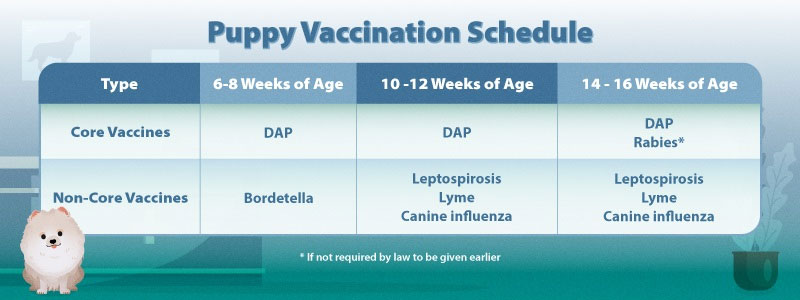
Credit: www.carecredit.com
Rabies Vaccine Basics
Understanding the basics of the rabies vaccine helps keep dogs safe. Rabies is a deadly disease that affects the brain and nerves. Vaccination is the best defense to protect your dog and others.
What Is Rabies?
Rabies is a virus spread by bites from infected animals. It attacks the nervous system and causes severe symptoms. Without treatment, rabies is almost always fatal. Wild animals like bats, raccoons, and foxes often carry rabies.
Dogs can catch rabies from these animals. Once symptoms appear, the disease moves fast. Vaccination prevents infection and stops the spread of rabies.
How The Vaccine Works
The rabies vaccine helps the dog’s immune system recognize the virus. It teaches the body to fight rabies before exposure. After vaccination, the dog produces antibodies that block the virus.
This protection lasts for a certain time. Regular boosters keep the immune defense strong. Vaccinated dogs are less likely to get sick or spread rabies to humans.
Vaccination Schedule
The vaccination schedule for dog rabies vaccines is crucial. It ensures your pet’s health and safety. Rabies is a severe disease, so timely vaccinations are essential. Let’s explore the recommended schedule.
Puppy Vaccination Timeline
Puppies typically receive their first rabies shot at 12 weeks. This early protection is vital. It prevents the risk of rabies from a young age. Ensure your puppy’s vaccination aligns with local regulations. Follow vet advice for the best outcomes.
Adult Dog Booster Shots
Adult dogs need booster shots to maintain immunity. These are usually given every one to three years. The frequency depends on the vaccine type and local laws. Regular vet visits help keep track of booster schedules.
Legal Requirements
Understanding the legal requirements for your dog’s rabies vaccine is crucial. These laws ensure public safety and protect your pet from serious illness. Knowing what the law expects can help you avoid penalties and keep your furry friend healthy.
Laws By Region
Rabies vaccination laws vary widely depending on where you live. In many U.S. states, dogs must receive their first rabies shot by 4 months old, followed by boosters every one to three years.
Some cities or counties may have stricter rules requiring annual vaccination, while others allow longer intervals after the initial series. Outside the U.S., countries like Canada and the UK also mandate rabies shots, but schedules and enforcement differ.
Check with your local animal control or veterinarian to understand the exact timing and documentation needed in your area. Have you ever wondered how these regional laws affect pet owners who travel frequently?
Consequences Of Non-compliance
Failing to vaccinate your dog against rabies can lead to serious legal trouble. Authorities may impose fines, require quarantine, or even mandate euthanasia if your dog is exposed to rabies and lacks proper vaccination.
Moreover, your dog could face restricted access to public spaces, parks, and boarding facilities. Remember, non-compliance not only risks your pet’s health but also puts your community in danger.
Think about the cost of ignoring these rules compared to the simple action of keeping your dog’s rabies vaccine up to date. Isn’t prevention always the smarter choice?
Risks Of Skipping Vaccines
Skipping your dog’s rabies vaccine can lead to serious problems. This vaccine protects dogs and people from a deadly disease. Without it, risks rise sharply. Understanding these risks helps you keep your dog safe and healthy.
Health Risks To Dogs
Rabies is a fatal virus once symptoms appear. Dogs without vaccination can catch rabies from wild animals. The virus attacks the brain and nervous system. Symptoms include confusion, aggression, and paralysis. Death usually follows within days. Vaccines prevent this deadly infection completely. Skipping vaccines leaves dogs vulnerable to this threat.
Public Safety Concerns
Rabies spreads from animals to humans through bites. Unvaccinated dogs increase the chance of rabies outbreaks. This puts families and communities at risk. Rabies in humans is almost always fatal. Vaccinating dogs helps stop the spread of rabies. It protects both pets and people. Laws in many places require rabies shots for dogs. Skipping vaccines can lead to legal problems and fines.
Factors Affecting Vaccine Frequency
Several factors influence how often a dog needs a rabies vaccine. Understanding these helps keep your dog safe and healthy. Vaccine schedules can change based on individual needs and circumstances. Veterinarians consider different aspects before recommending the right timing.
Dog’s Age And Health
Puppies usually get their first rabies vaccine at three to four months old. Young dogs might need boosters earlier to build strong protection. Older dogs with good health may require fewer vaccines over time.
Dogs with weak immune systems or illness might need special vaccine plans. Health problems can affect how well the vaccine works. Your vet may suggest extra care or testing before vaccinating.
Lifestyle And Environment
Dogs living in rural areas or near wildlife face higher rabies risks. These dogs might need more frequent boosters to stay protected. Urban dogs with less exposure often have longer gaps between vaccines.
Traveling to places with rabies requires up-to-date vaccination. Dogs that attend dog parks or boarding facilities usually need current vaccines. Close contact with other animals increases the chance of infection.

Credit: ccdogdaycare.com
Choosing The Right Vet
Choosing the right vet for your dog's rabies vaccine is crucial for your pet's health and your peace of mind. The vet you select should not only be skilled but also someone you feel comfortable asking questions to. Your dog’s safety depends on their expertise and how well they communicate with you.
Finding Trusted Professionals
Start by asking friends, family, or neighbors for recommendations. Personal experiences often reveal a vet’s reliability and care quality.
Check online reviews, but focus on detailed comments rather than just star ratings. Look for vets who specialize in vaccinations or have experience with rabies protocols.
Visit the clinic before booking an appointment. Is it clean? Are the staff friendly and knowledgeable? These small details can make a big difference in your dog’s experience.
Questions To Ask
- How often should my dog get the rabies vaccine?Vaccination schedules can vary based on your dog’s age, health, and local laws.
- Are there any side effects I should watch for?Knowing what’s normal helps you respond quickly to any issues.
- Can you explain the difference between one-year and three-year rabies vaccines?This helps you decide what’s best for your dog’s lifestyle.
- How do you handle vaccine reactions?A vet prepared for emergencies shows professionalism and care.
Asking these questions will give you confidence in your vet’s knowledge and help you feel secure about your dog’s health care. Have you ever left a vet appointment feeling unsure? Don’t let that happen with your dog’s rabies vaccine.
Common Side Effects
Dogs may show some common side effects after receiving a rabies vaccine. These effects are usually mild and short-lived. Knowing what to expect helps keep your dog comfortable and safe. Watch your dog closely after vaccination for any changes in behavior or health. Most dogs recover quickly without any issues.
Mild Reactions
Some dogs experience mild reactions at the injection site. These may include:
- Swelling or redness
- Soreness or tenderness
- Mild fever
- Sleepiness or slight lethargy
- Loss of appetite for a day
These symptoms usually fade within a day or two. Applying a cold compress can reduce swelling. Keep your dog calm and provide plenty of water. Avoid touching the injection area too much.
When To Seek Help
Some reactions need immediate veterinary care. Contact a vet if your dog shows:
- Severe swelling or hives
- Difficulty breathing or wheezing
- Persistent vomiting or diarrhea
- Weakness or collapse
- Extreme lethargy lasting more than a day
These signs may indicate an allergic reaction. Quick action can save your dog’s life. Always keep emergency vet numbers handy after vaccination.
Record Keeping Tips
Keeping a clear record of your dog’s rabies vaccinations is very important. It helps you stay on schedule and protects your dog’s health. Good record keeping also makes vet visits easier and avoids missed shots.
Organizing this information saves time and reduces stress. Here are simple ways to keep track of vaccination dates and use digital tools effectively.
Tracking Vaccination Dates
Write down every rabies vaccine date as soon as your dog gets vaccinated. Use a dedicated notebook or calendar. Mark the next due date clearly. Keep the record in a safe, easy-to-find place.
- Note the vaccine type and batch number.
- Include the vet’s name and contact details.
- Check dates regularly to avoid late shots.
Using Digital Tools
Apps and online calendars make record keeping simple. Set reminders for upcoming vaccines. Store all vaccine details in one app. Share access with family members or your vet.
- Use pet care apps designed for vaccination tracking.
- Sync reminders with your phone or email.
- Upload photos of vaccination certificates for easy reference.
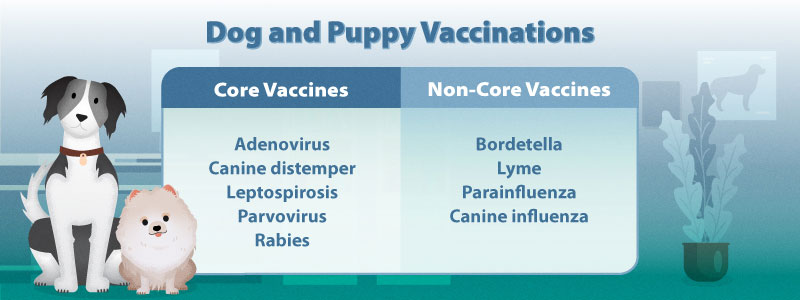
Credit: www.carecredit.com
Frequently Asked Questions
How Often Should Dogs Get A Rabies Vaccine?
Dogs typically need a rabies vaccine every one to three years. The frequency depends on local laws and the vaccine type used. Consult your vet to ensure your dog stays protected and compliant with regulations.
When Is The First Rabies Vaccine Given To Puppies?
Puppies usually receive their first rabies vaccine at 12 to 16 weeks old. This timing ensures early protection against rabies as puppies grow. Follow-up boosters are essential to maintain immunity.
Are Rabies Vaccine Boosters Mandatory For Dogs?
Yes, rabies boosters are mandatory in many areas to keep dogs protected. Booster intervals vary between one and three years. Always check local laws and veterinarian recommendations for compliance.
Can Rabies Vaccines Cause Side Effects In Dogs?
Rabies vaccines are generally safe but may cause mild side effects like soreness or fatigue. Serious reactions are rare. Report any unusual symptoms to your vet immediately for proper care.
Conclusion
Keeping your dog’s rabies vaccine up to date protects their health and yours. Most dogs need the vaccine every one to three years, depending on local laws and vet advice. Regular shots help prevent serious illness and keep your pet safe.
Always check with your vet about the best schedule for your dog. Staying informed means fewer worries and a healthier, happier dog. Vaccinate on time. Stay safe.

Emily Barker is the founder of ChillDogLife.com, a space dedicated to helping pup parents discover the best dog products, lifestyle tips, and cozy ideas for happier homes.
A lifelong dog lover, Emily combines her passion for pets with a knack for research to share trusted recommendations on everything from toys and furniture to health and everyday care.
Her goal is simple: to make life easier, stylish, and more joyful for dogs and the people who love them.
